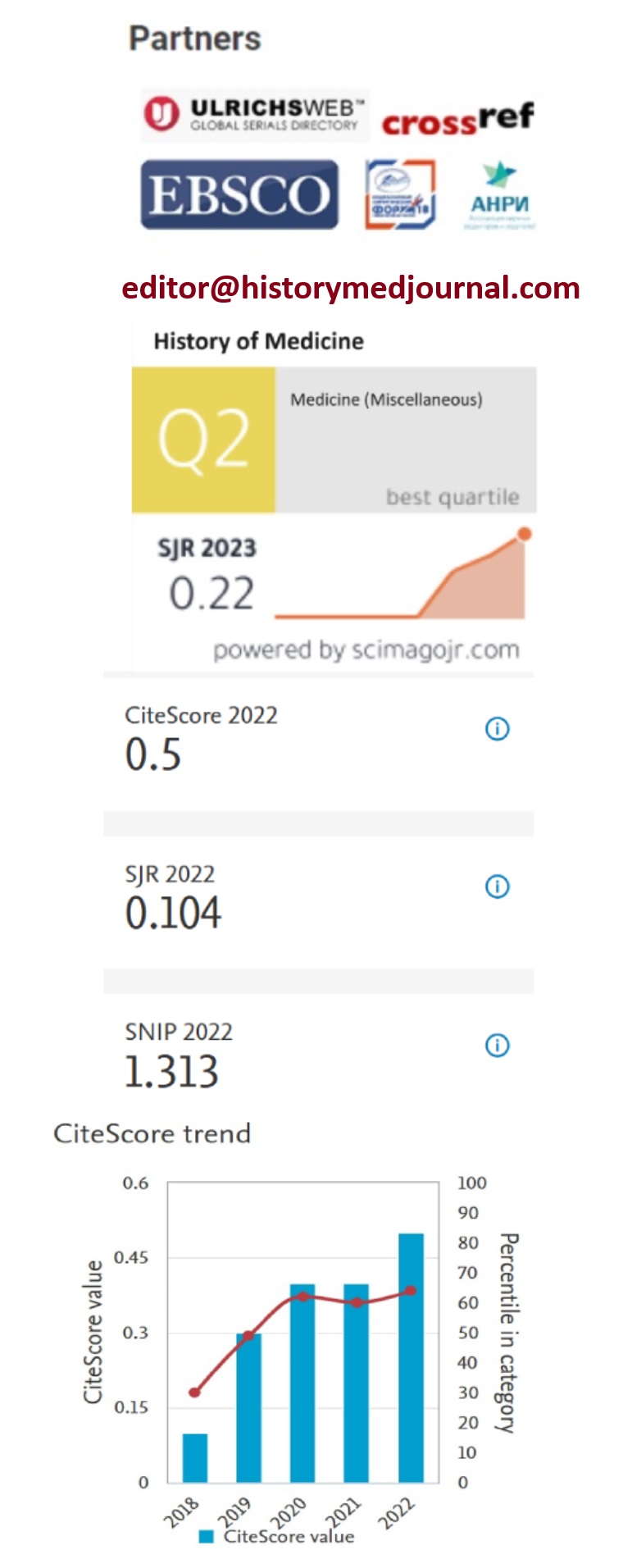-
Comparison of Efficacies of Sofosbuvir/Daclatasvir with Sofosbuvir/Ribavirin for Hepatitis C Virus Genotype 3 Treatment in a Tertiary Care Center in Karachi
Volume -10 | Issue -2
-
BIOCHEMICAL PROFILING AND MOLECULAR CHARACTERIZATION OF BETA GLOBIN GENE OF BETA THALASSEMIA MAJOR PATIENTS IN PUNJAB, PAKISTAN
Volume -10 | Issue -2
-
Fear of Negative Evaluation and Procrastination: Exploring the Mediating Role of Self-Efficacy and Self-Esteem in University Students
Volume -10 | Issue -2
-
BIOCHEMICAL PROFILING AND MOLECULAR CHARACTERIZATION OF BETA GLOBIN GENE OF BETA THALASSEMIA MAJOR PATIENTS IN PUNJAB, PAKISTAN
Volume -10 | Issue -2
-
Fear of Negative Evaluation and Procrastination: Exploring the Mediating Role of Self-Efficacy and Self-Esteem in University Students
Volume -10 | Issue -2
Immunological tolerance induced by parasitic Infections in Type-1 Diabetes Mellitus children
Main Article Content
Abstract
Background: Insulin-dependent diabetes mellitus (IDDM), commonly referred to as Type 1 diabetes (T1D), is an irreversible, multifactorial auto-immune condition. The onset of diabetes has been linked to a lack of self-tolerance caused by beta-cell autoantigens., which causes the eradication of generating-insulin beta-cells by Th1 cytokines. Parasites and their derivatives significantly alter the immune system by creating anti-inflammatory cytokines, which reduce excessive inflammation and allow the parasite to continue living within the host. Objective: The investigation's objective is to identifyimmunological tolerance by parasite infections in type -1 diabetic children. Materials and Methods: A current review was carried out on 145 children (78males and 57females,1–12 years) grouped into (70 DM1,50 intestinal protozoa infections and 25mixed [DM1infected by intestinal protozoa]) and 35 volunteers control showing the normal result of FBS and HBA1c (20 male and 15 female, 1-12 years)

